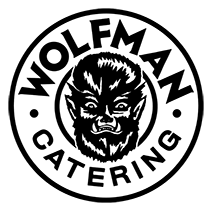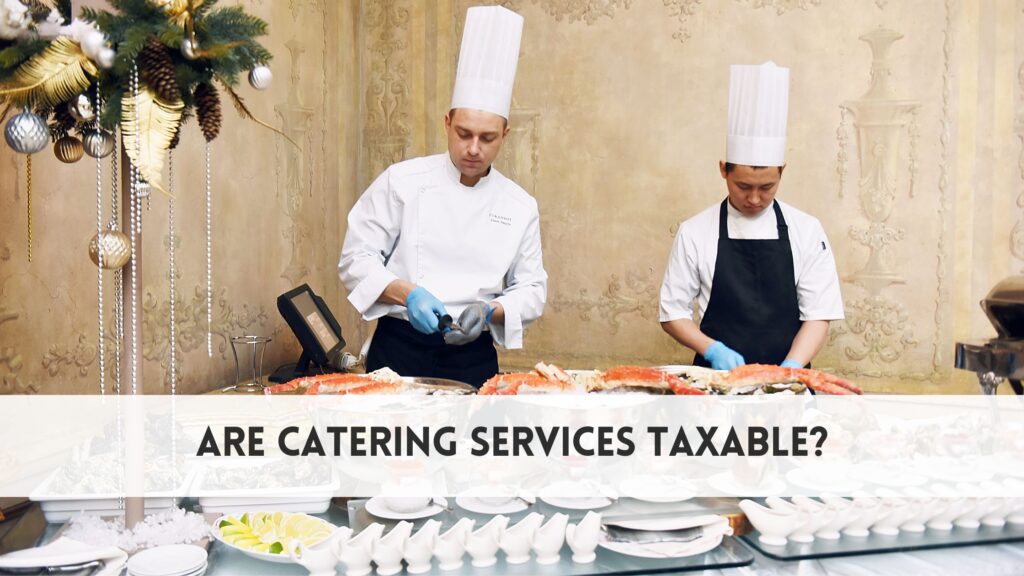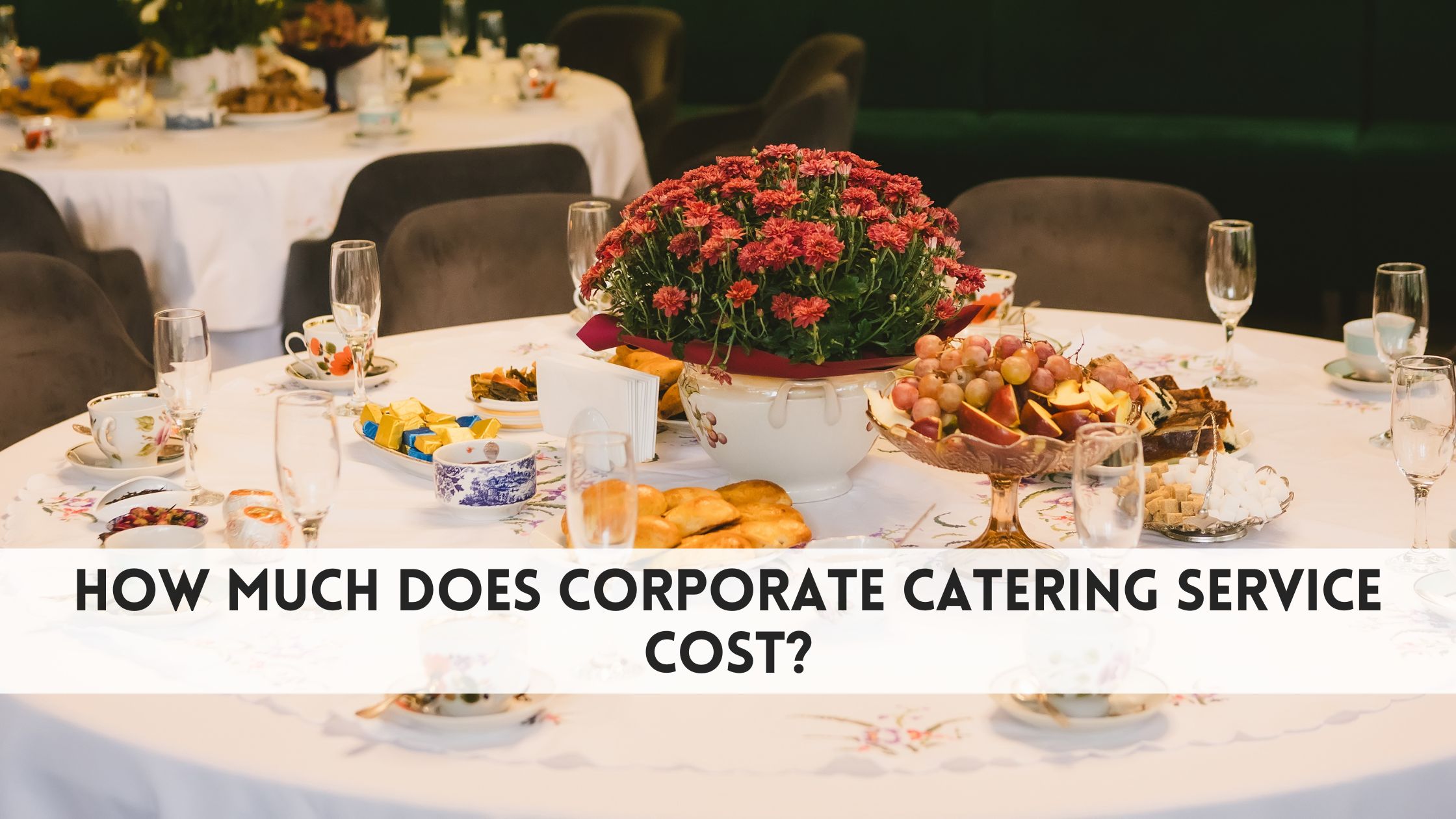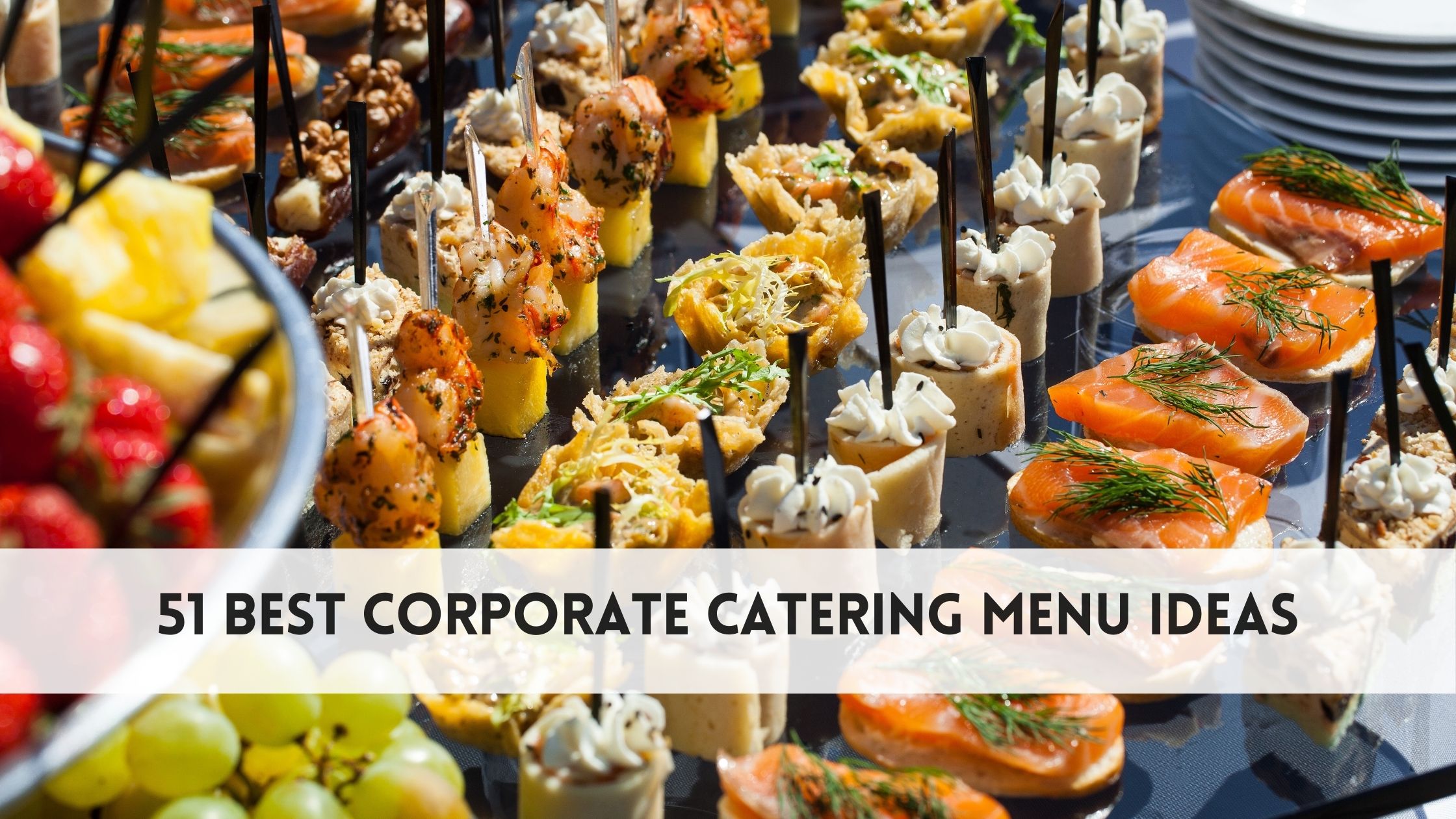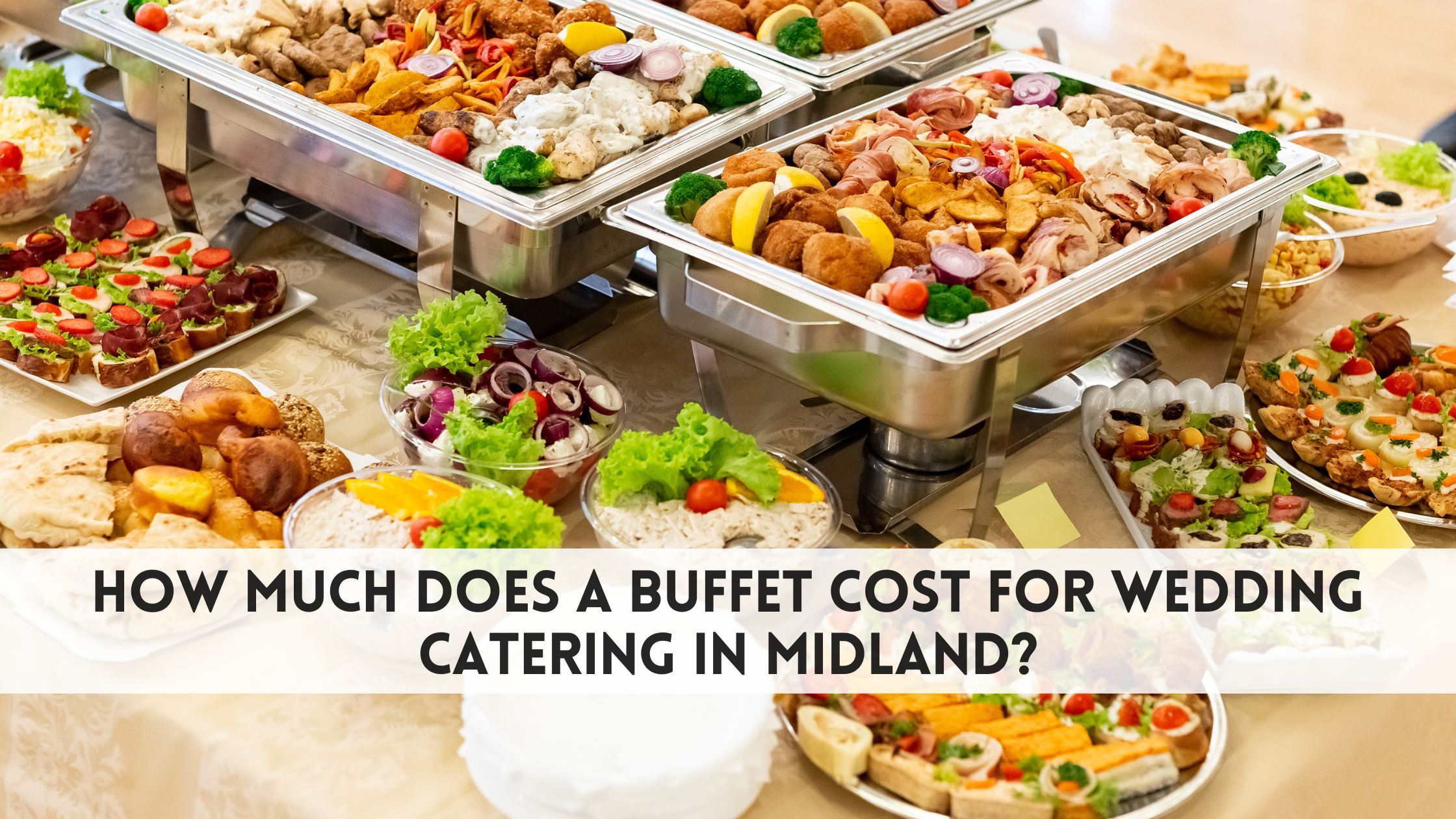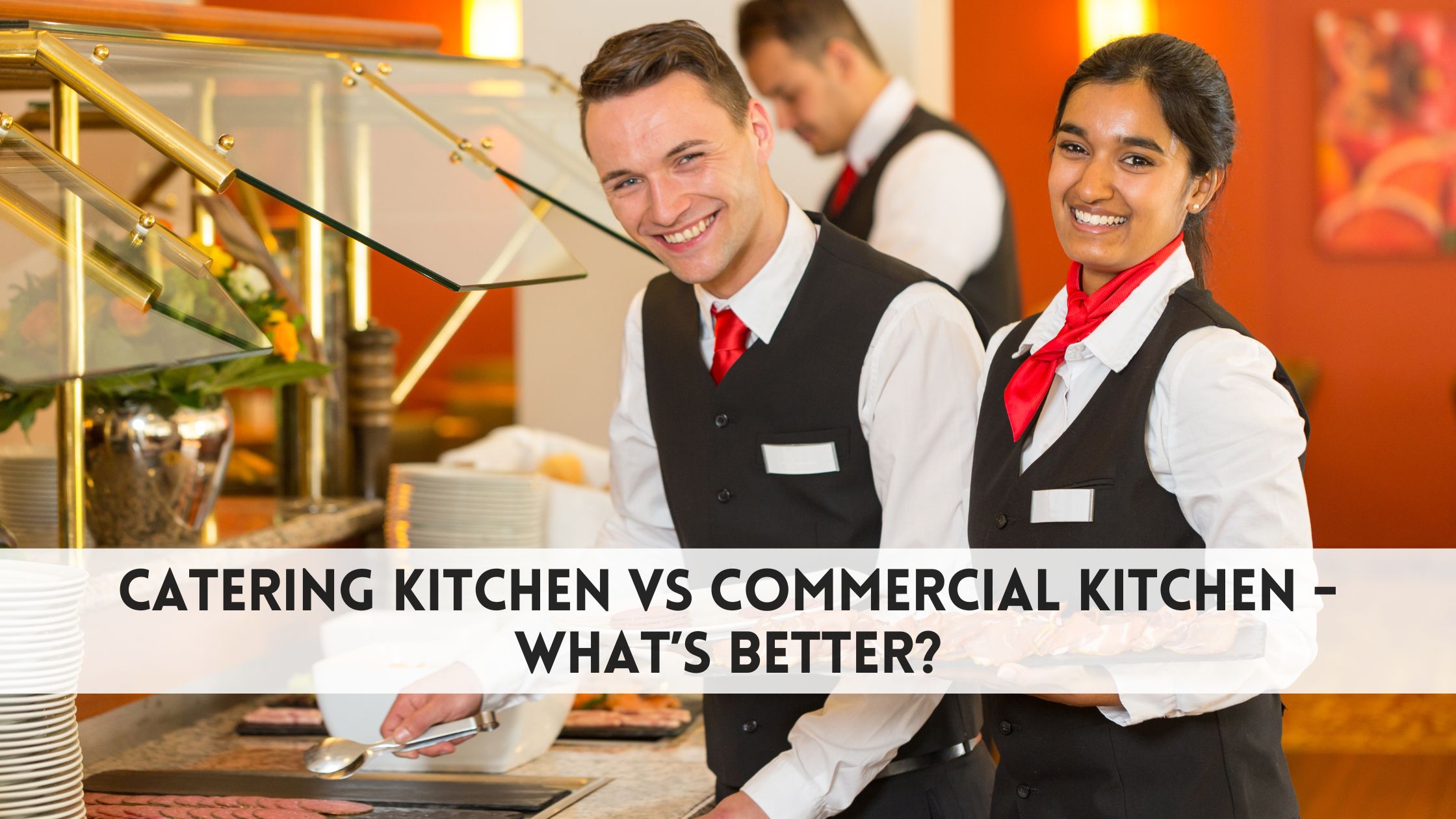Catering services involve the preparation, delivery, and service of food and beverages for events, parties, meetings, and other gatherings. These services go beyond just food delivery, often including setup, meal service, and cleanup. Catering can also provide customized menus, beverage services, and even event planning coordination. So, Are catering services taxable? Unlike restaurant takeout or food delivery, catering offers a full-service experience, ensuring all aspects of the event’s dining needs are met. Catering services are essential for ensuring seamless event execution, offering everything from menu planning to post-event cleanup, creating a hassle-free experience for hosts and guests alike.
Are Catering Services Taxable?
The question of whether catering services are taxable in Texas is nuanced, and the same applies to are catering services taxable near Midland, TX. While Texas does impose sales tax on food and beverage sales, whether a catering service is taxable depends on the specific details of the service provided, such as whether additional services like delivery, setup, and cleanup are included.
General Taxability of Catering Services
In Texas, catering services are generally taxable when the service includes prepared food and beverages served at an event. These services often include the full spectrum of catering, including food preparation, delivery, setup, and cleanup. However, if the catering service only involves the delivery of food without any additional services, the transaction may not be subject to tax. For example, a catering business that simply drops off food for the event without setting up the space or providing any staffing might not need to charge tax on those services.
Tax Rules for Catering Services in Midland, TX
When it comes to catering services taxable near Midland, TX, businesses must follow the state’s tax laws, which apply uniformly across Texas. Midland does not impose additional local taxes on catering services beyond the state sales tax. Therefore, catering businesses in Midland should be aware of the Texas state law that governs the taxation of prepared food, beverages, and related services. Understanding this can help business owners ensure they are correctly charging taxes and maintaining compliance with state and local regulations.
Do Caterers Pay Sales Tax in Texas?
Yes, caterers in Texas are required to collect and remit sales tax on taxable sales of food, beverages, and certain related services. This includes charges for food and beverages served at events, as well as additional services such as setup, delivery, and cleanup. Sales tax applies to the total catering fee, which encompasses both the food cost and the associated service fees.
However, caterers are not required to pay sales tax on the raw ingredients they purchase to prepare meals for their clients. Texas provides a sales tax exemption for food products used in preparing meals, which means caterers do not pay tax on the ingredients they buy from suppliers. The tax only applies to the final product—the prepared food and beverages sold to clients.
By understanding these tax obligations, catering businesses can ensure compliance with Texas’s sales tax laws, avoid potential penalties, and pass on the appropriate charges to clients. This is essential for any catering business operating in Texas, including Midland, TX, where local tax rules align with state guidelines.
Catering Business Service Tax Rate in Midland, Texas
In Midland, Texas, the catering business service tax rate follows the state of Texas’ sales tax laws. The base sales tax rate for catering services is 6.25%. This tax applies to prepared food, beverages, and certain catering-related services, such as delivery, setup, and cleanup.
While Midland itself does not impose additional local sales taxes on catering services beyond the state rate, businesses operating in the area must still comply with the state’s tax regulations. As a result, any catering service involving the sale of food and beverages for events must charge the 6.25% state sales tax on those items.
Caterers are also responsible for collecting and remitting sales tax on taxable services provided alongside food, such as event setup or cleanup. Catering businesses in Midland need to be aware of these tax obligations to avoid any compliance issues. By ensuring proper tax collection, Midland catering businesses can operate smoothly while remaining compliant with Texas state tax rules.
How to Avoid Common Mistakes with Catering Sales Tax?
When dealing with sales tax for catering services, mistakes are easy to make but can be costly. Here are some of the most common errors and how to avoid them:
Not Separating Taxable and Non-Taxable Services
Many caterers bundle both taxable and non-taxable services in a single contract, which can create confusion when calculating taxes. It’s important to clearly distinguish between:
- Taxable services (e.g., food, beverage, setup)
- Non-taxable services (e.g., event planning, consultation)
Failing to Collect Tax on Delivery Fees
Catering businesses often overlook the requirement to collect sales tax on delivery fees, which is a costly mistake. In Texas, delivery charges are subject to sales tax when they are part of a bundled catering service that includes food or beverages. To avoid non-compliance, ensure that all delivery fees associated with catering services are included in the taxable amount. This will help maintain compliance with Texas state tax laws and prevent any fines or penalties related to undercharging.
Ignoring Exemptions
Certain catering services, especially those provided to nonprofit organizations or for educational events, may qualify for tax exemptions in Texas. Ignoring these exemptions can lead to overcharging clients, which may damage your business reputation and result in costly fines. It’s crucial to stay informed about exemption rules and verify whether an event qualifies. Nonprofit events, for example, may be exempt from sales tax on catering services, so ensure these exemptions are correctly applied to avoid unnecessary taxes.
Not Keeping Accurate Records
Accurate record-keeping is vital for any catering business, especially when it comes to taxes. Failure to track all sales, including food, beverage charges, and service fees, can lead to discrepancies during audits. Caterers should maintain thorough and organized records, including invoices, contracts, and receipts, to ensure compliance with Texas sales tax laws. Proper documentation not only helps in audits but also ensures that the correct taxes are remitted, minimizing the risk of errors and avoiding penalties from tax authorities.
Final Words
So, Are catering services taxable? Catering services are generally taxable, following Texas state sales tax laws. Understanding the specifics of what is taxable, such as food, beverages, and additional services like setup and delivery, is crucial for both catering businesses and clients. Catering services provided for events are typically subject to sales tax unless exemptions apply.
It’s important for businesses to separate taxable and non-taxable services, collect tax on delivery fees, and maintain accurate records to avoid common mistakes. Staying updated on restaurant sales tax rules and working with a tax professional ensures compliance and smooth operations. By clarifying service contracts and applying tax correctly, both caterers and clients in Midland can avoid overcharges and penalties, ensuring a seamless, tax-compliant event.
